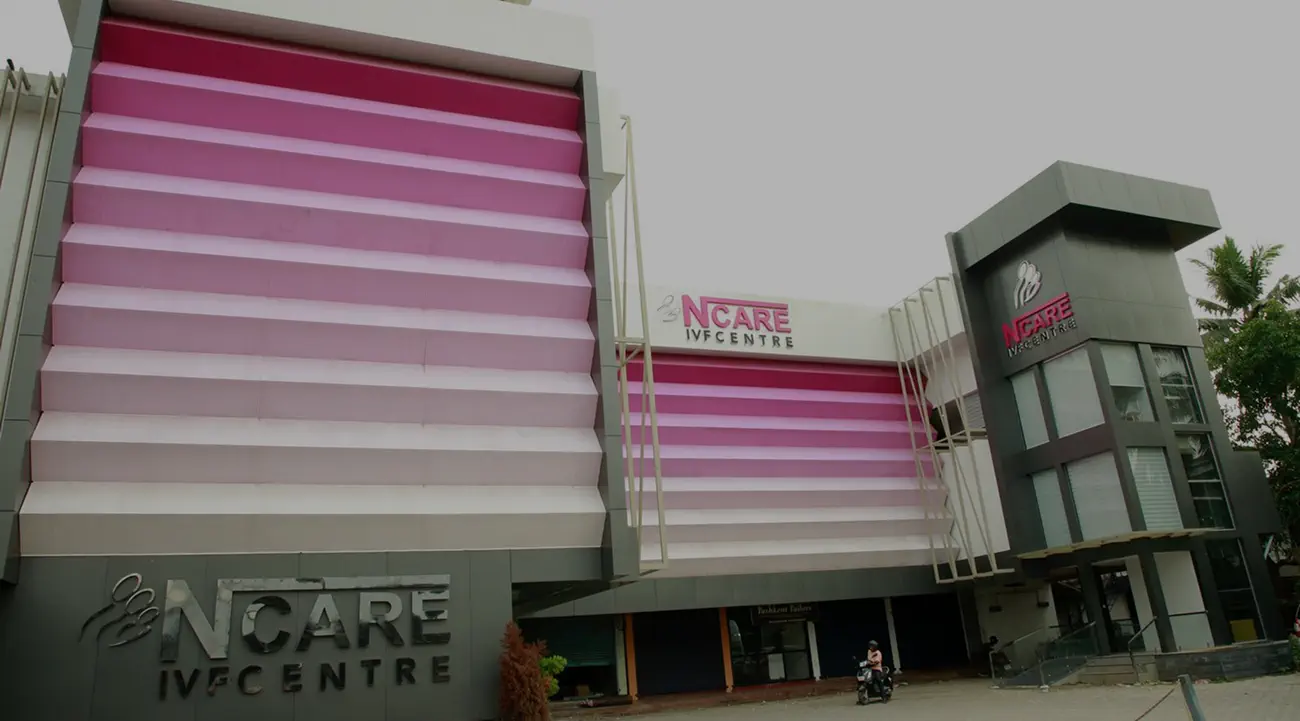What is it for?
To confirm location and number of pregnancy, detect the heartbeat, and rule out ectopic or failed pregnancy.
When is it done?
Usually between 6 and 9 weeks.
Why is it important?
Provides early reassurance and confirms that the pregnancy is developing normally.
Establishes a reliable due date, essential for scheduling all future tests and delivery planning.




